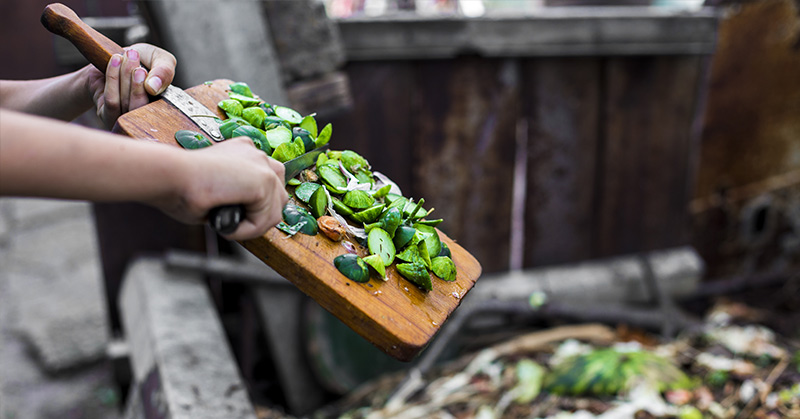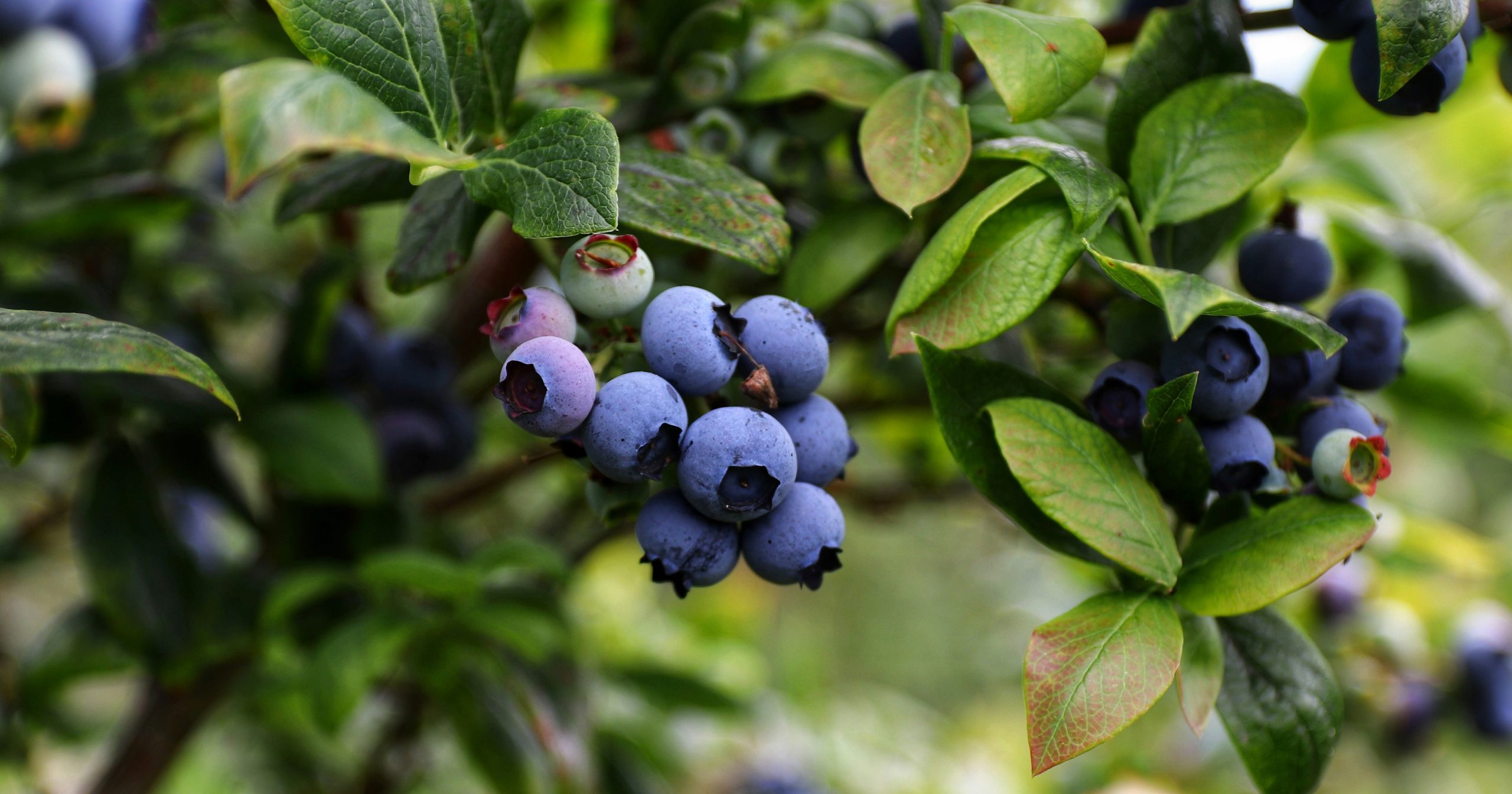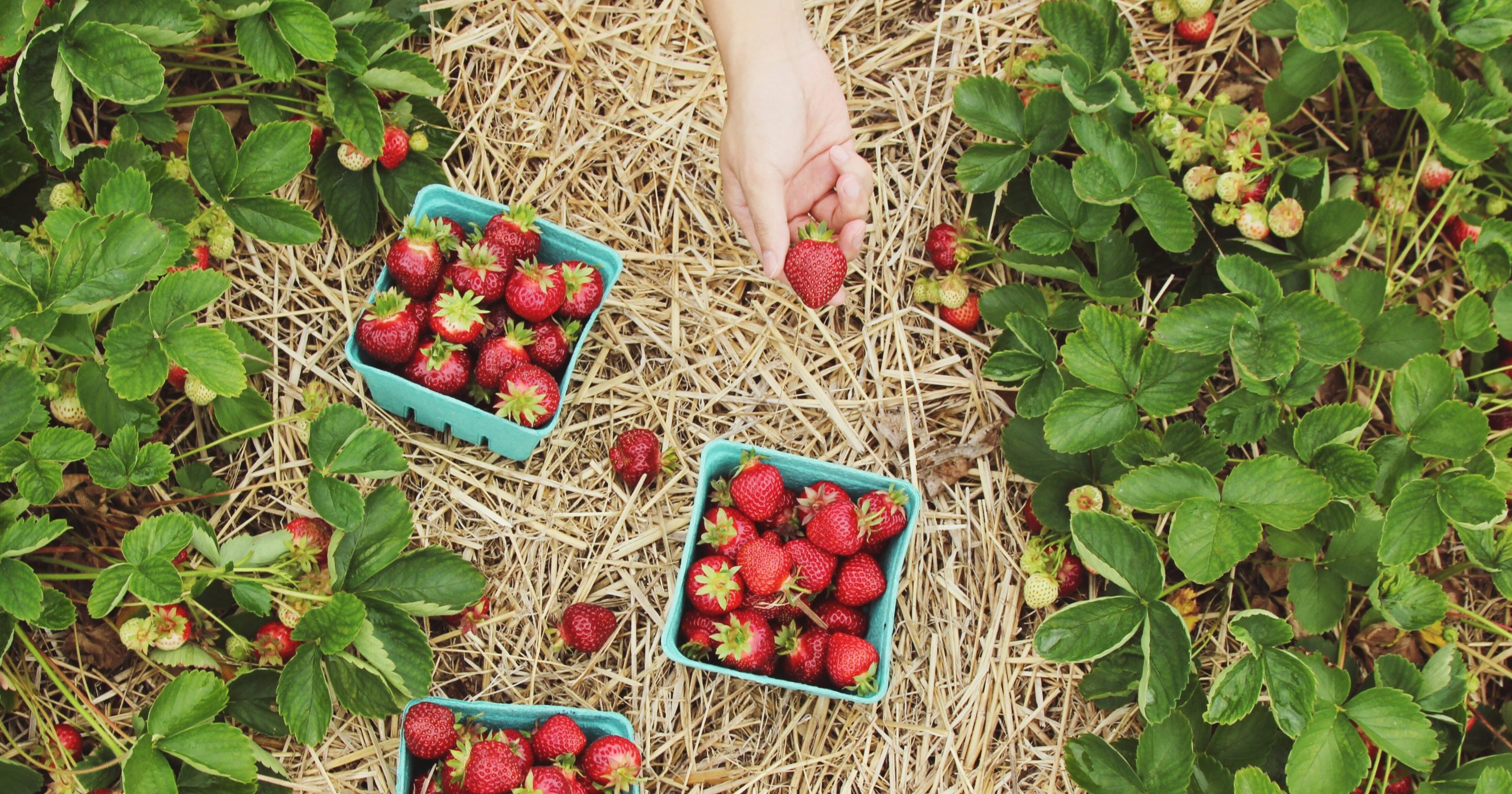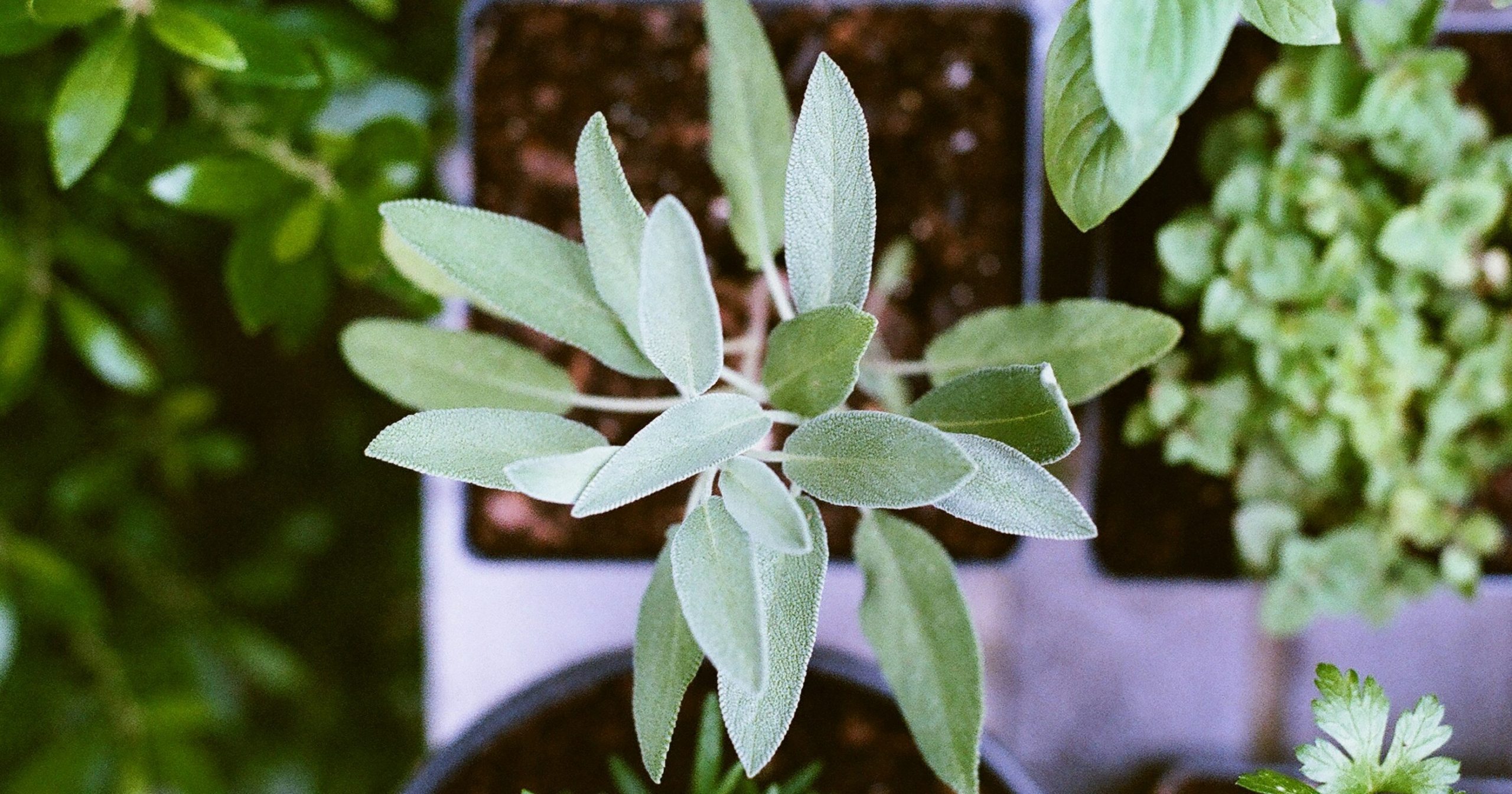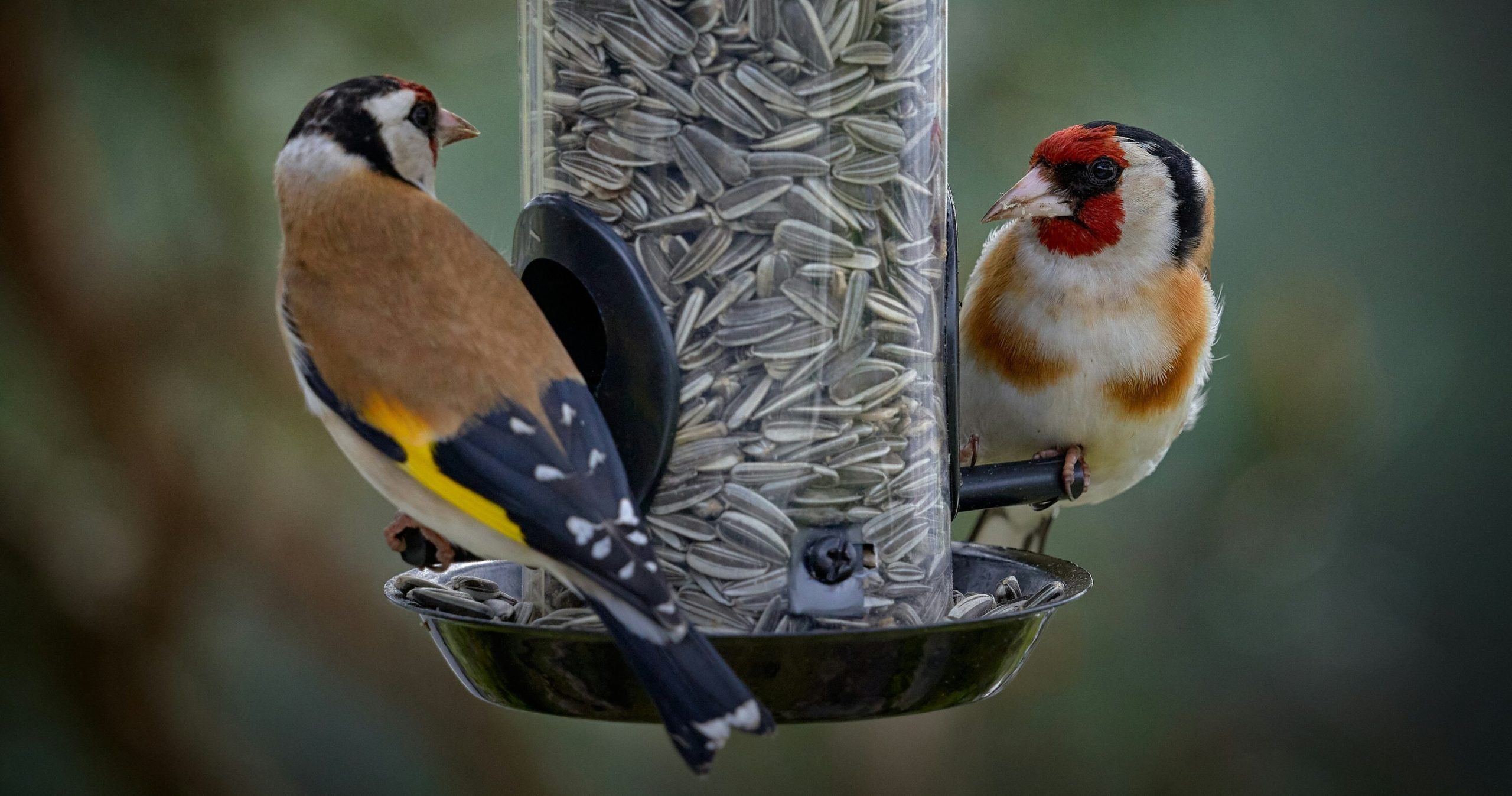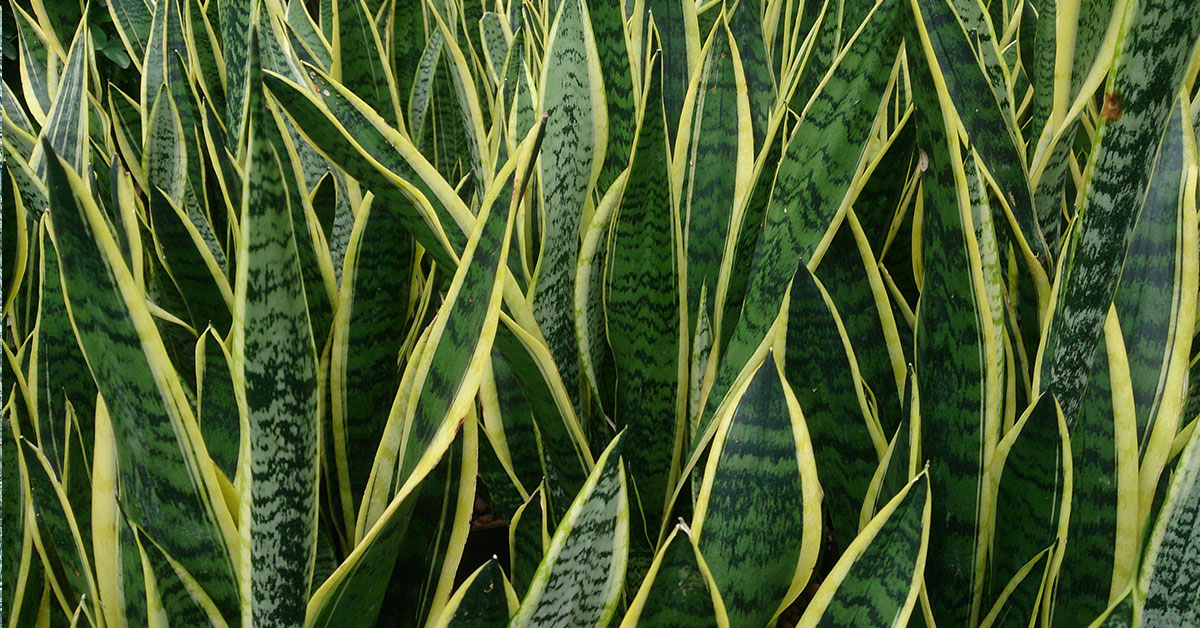The decision to start a compost heap is a good one. When you compost, you produce fresh, rich, fertile soil for your garden which in turn gives your garden a huge boost. But how long does it take to make compost? When should you expect to reap the benefits of your festering heap of delicious food scraps? It depends on a number of factors. Let’s jump right in to the question at hand.
How long does it take to make compost?
In an ideal compost heap, one with the right level of moisture and aeration, it should only take about 3 months for your heap to become rich, dark soil. If the conditions in your heap are not right for the decomposition process for the organic matter you’re putting in, it can take four times as long – or longer. It’s important to know what you should do to help the process along. A healthy heap is a happy heap!
Read More: Can You Compost Tea Bags? It Depends
Your climate has an impact
One key element of a compost heap’s success is your climate. Compost heaps like to be warm and damp. If you live in an arid environment, you may need to water your heap a few times a week to keep the microbes and bugs living inside properly hydrated. If you live in a cooler climate, you may want to situate your heap in a place where it will get direct sunlight, particularly in the fall and winter months. If you’re in a hot climate, your heap may do well in a shadier spot. Do some research on what heaps in your climate may require.
What you compost matters
You can compost just about anything you find in the produce section of your grocery store. Things like coconut husks and avocado pits may take a very very long time to compost, compared to leafy greens that have gone bad and soggy, rotting apples. You can also speed up the process of composting by chopping your produce into smaller pieces. Doing so creates more surface area for microbes and bugs to get at and break down your produce.
Aerate your heap
Aerating your heap is a critical part of the process. The best way to keep your heap aerated is with regular turnings. Why do you need to turn your compost? Turning your heap will fluff it and create pockets of oxygen within the heap. This oxygen will then be used by the microbes that are slowly eating away at the contents of your compost heap. Turning also helps reduce the likelihood of having a soggy heap and also helps prevent overheating.
Keep Reading: Is It Safe To Pee In Your Compost?
